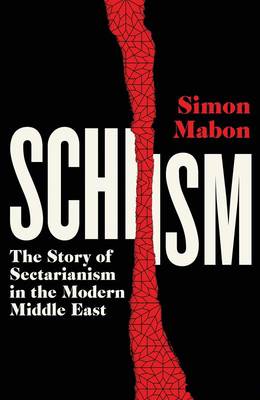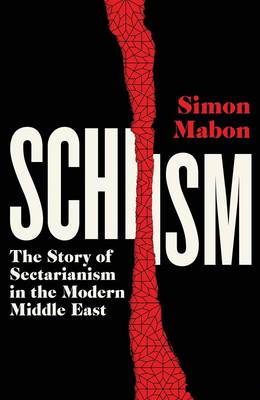
- Retrait gratuit dans votre magasin Club
- 7.000.000 titres dans notre catalogue
- Payer en toute sécurité
- Toujours un magasin près de chez vous
- Retrait gratuit dans votre magasin Club
- 7.000.0000 titres dans notre catalogue
- Payer en toute sécurité
- Toujours un magasin près de chez vous
33,95 €
+ 67 points
Description
A sophisticated new account of sectarianism in the Middle East Sectarianism saturates our conversations about the Middle East, its politics and society, and the divide between Sunni and Shi'a captures headlines the world over. But in reality, sectarian difference is far from a uniquely Islamic phenomenon. Throughout the region, religious and communitarian schisms play out in politics, economics and theology, across religions and borders. But how did these divisions come to be? And who is gaining from them? Simon Mabon examines sectarianism in the modern Middle East, moving beyond our simplistic conceptions of ancient religious hatreds and violence. Sectarian identities are as much a product of colonial and post-colonial state building as they are of religious belief, and they operate as a means to include and exclude certain groups. Ranging from Iraq and Iran to Lebanon, Saudi Arabia and Israel, Mabon explores how divisions are produced, regulated and contested over time--and how they have shaped the lives of people across the region.
Spécifications
Parties prenantes
- Auteur(s) :
- Editeur:
Contenu
- Nombre de pages :
- 320
- Langue:
- Anglais
Caractéristiques
- EAN:
- 9780300276138
- Date de parution :
- 09-06-26
- Format:
- Livre relié
- Format numérique:
- Genaaid
- Dimensions :
- 152 mm x 235 mm

Les avis
Nous publions uniquement les avis qui respectent les conditions requises. Consultez nos conditions pour les avis.






